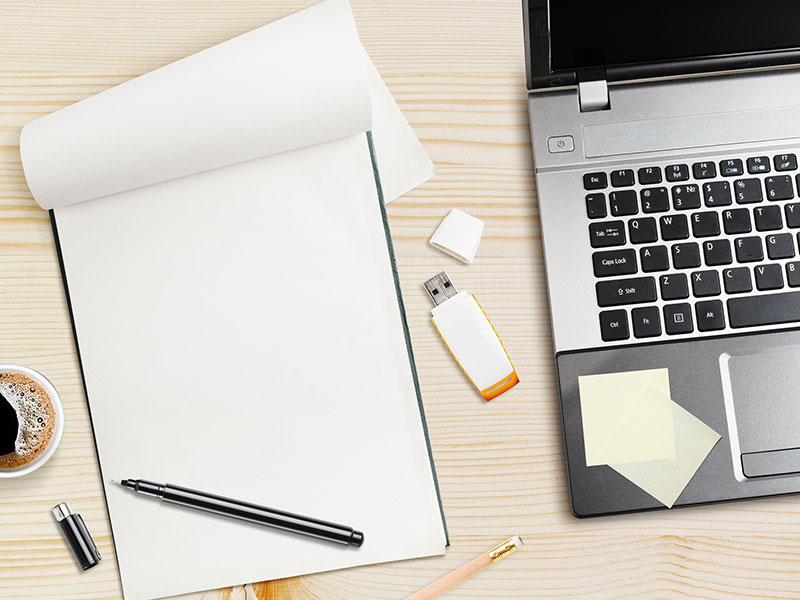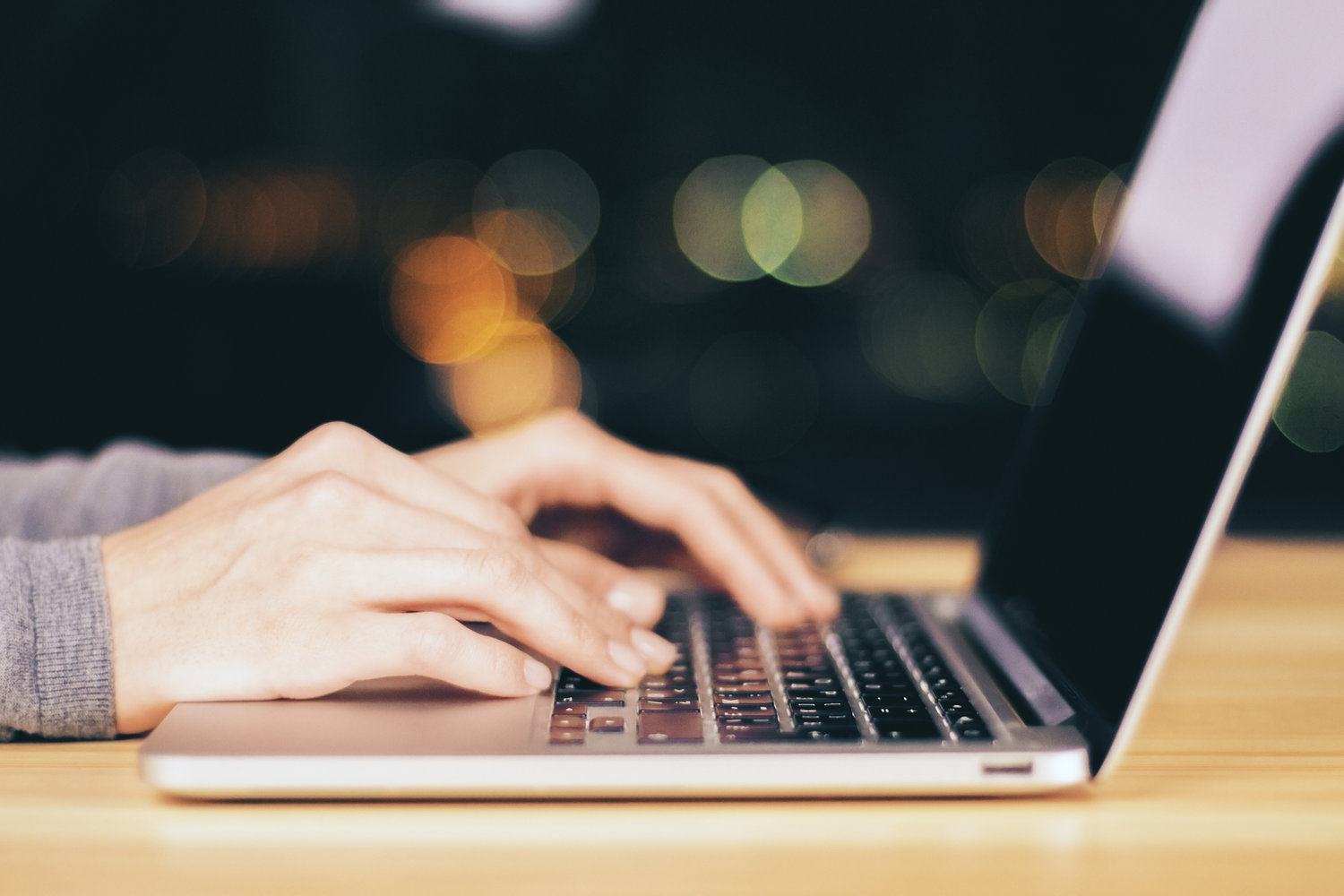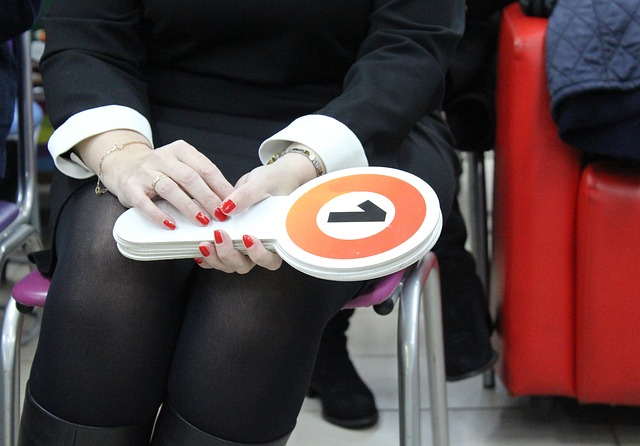We have all gone through this or are currently facing this problem. A slow PC can pull down your work to a crawl or even put a complete full stop to it. Be it your college project work or an important power point presentation for your next meeting, a slow and inefficient computer can cause you damages which not only include money but even your reputation at times. These are fairly common outcomes in almost all PCs as the hardware begins to store unrequired files over a period of time which results in bad performance. To solve these operational issues and to get your PC back on track, we bring to you some very useful and low-cost tips and tricks:
- Free up your internal memory.
Try to relocate your temporary storage files like movies, high definition pictures, and other large sized files onto an external memory stick or memory drive. This frees up the internal ROM of your computer, thus delivering better performance. You can purchase your choice of memory or opt for an upgrade from uk.crucial.com, a hardware and software support store. They provide affordable and state of the art solutions, you can even opt to store your movable files on cloud storage.
- Reduce Multitasking.
Working on several apps at the same time can put a lot of pressure on your RAM and ultimately on your operating system. Try as much as you can prioritize your computer tasks so that you have to use the least number of apps and/or software at a given time. What happens during multitasking is that your RAM tries to subdivide and allocate memory to each running app, thus resulting in a reduced allocation to your most important apps leading to lags and delays.
- Disable your startup programs.
Startup programs are of two types: those which get enabled by default after downloading certain apps and those which we manually enable. Both types of programs affect your computer’s speed heavily. The most common examples of startup programs are antivirus Norton or Kaspersky and social media apps like Skype or IMO. Even cloud storage apps like Dropbox are enabled on their own upon download. Disabling these annoying programs is easy:
- Open your Task manager by pressing ALT, CTRL, and DEL buttons.
- Go to the Processes tab. This will give you a list of programs that start whenever your turn on your PC.
- Right click on the processes you wish to disable.
You will also find some background apps running under the Hidden Icons menu. This is usually the upward facing arrow symbol on the bottom right corner of your taskbar. Right, click on those tasks which you don’t really require and disable or quit them.
- Removing the unwanted programs.
This is one of the most effective methods to bring back your PC to its optimum speed. Click open the start menu as this will give you a list of all those programs (apps, games or software) which are currently installed on your PC. Take your time and decide for yourself whether you still want all of these programs or not. Some apps are downloaded for temporary usage and are not required later on. Many times there is more than one app which serves the same purpose and occupies a lot of memory. For example, many users install more than one antivirus on their computers. It is to be kept in mind that the antivirus software is one of the heaviest programs on your PC as it takes account of the entire memory. Make a list of apps that is vital for your day to day requirements and uninstall all the remaining apps.
The Rising Popularity Of Trojan Virus Generators
- Disk Cleanup
Another easy method to clean your memory is to run the disk cleanup program. Running it is very simple. In the start menu, type disk cleanup. This will open a small tab which has been a part of the Windows OS for decades. Choose the root memory folder which you wish to clean up and let the program do its work. The program searches for junk files on your PC and deletes them permanently.
How to backup files on computer with freeware
- Antivirus
Even though the software itself takes a large space; its core process is to make your PC more efficient by finding the viruses and removing them. Install an efficient antivirus program like Norton, Kaspersky or McAfee which also gives you internet security. Most of these programs require regular paid upgrades which are not very expensive. Keep your antivirus up to date in order to keep your PC away from all forms of malware. A small investment in a good antivirus can help you save multiple times more in the long run.
- Web browsing
Just like multitasking on apps slows down your PC, working on several tabs on your web browser can also lead to lags or even rebooting your computer in worst cases. Use well designed and fast browsers like Google Chrome, Mozilla or Safari. And try to minimize the number of tabs you run at a time.
Computers have become an essential part of our lives over the past couple of decades. Humans have now entrusted most of their tasks into the hands of computers and the demand for quicker results is but natural. Even though a PC is bound to slow down with time, following some of the above-mentioned tips will definitely give you a better performance if not the best.






Comment here